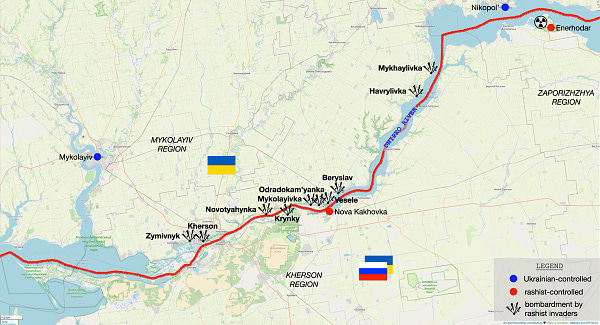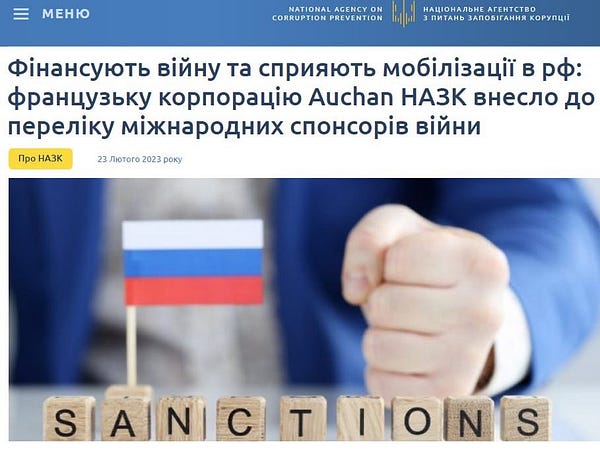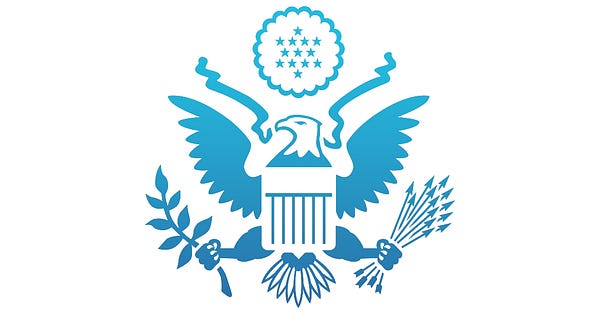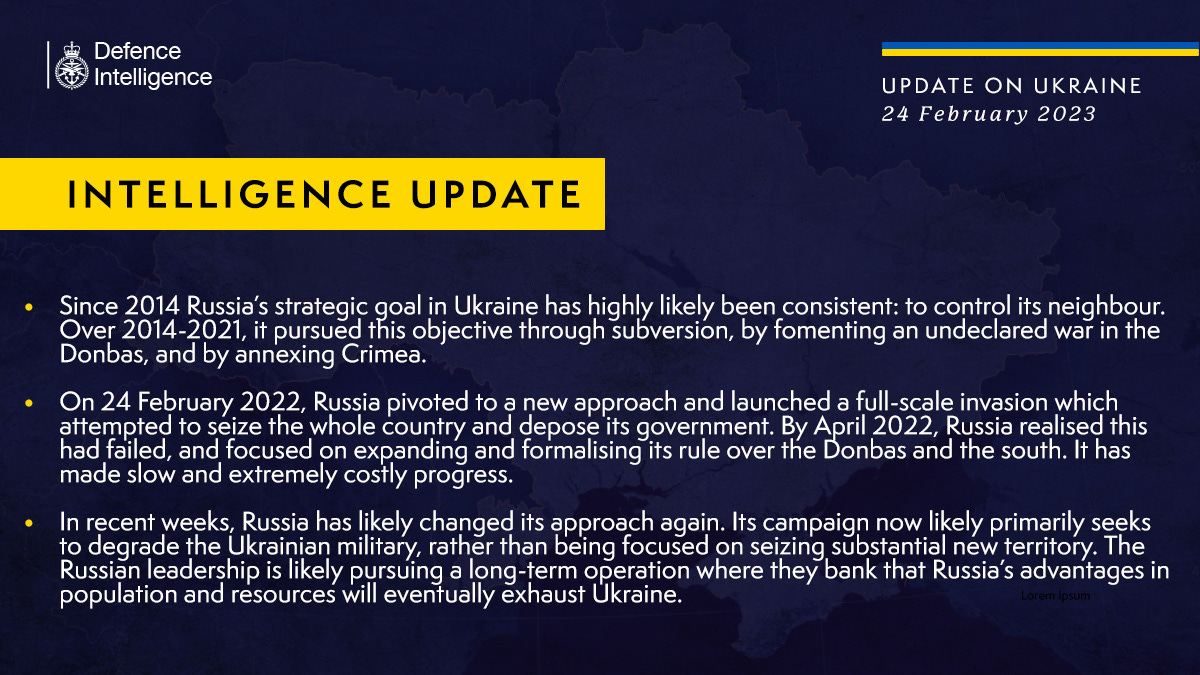Feb 24: Buonasera Mag
Day 365: Crimea Kherson Sarmat China Rovneiko UN $2B 65% Italy propaganda Australia Sanchez Sweden-A&Ps-Lautman UKDef Zelensky MacDonald U24 HIll-Stent Lucas Soldatov GEC Cadwalladr Vadym KyivIndie
Catching up…
EA Worldview’s Ukraine Up-date- hop over to Scott’s amazing hourly Ukraine up-date page. I’ll fill in with some bits and bobs.

Stories we’re following…
In a number of districts of the occupied Crimea, local radio stations broadcasted the anthem of Ukraine, as well as an address by the head of the Main Intelligence Directorate of the Ministry of Defense of Ukraine Kyrylo Budanov, the Crimean Wind channel reported.


Russian forces have stepped up attacks along the eastern frontline of the war in Ukraine as Kyiv prepares to mark the sombre first anniversary of the invasion. Amid fears that the Russian president, Vladimir Putin, intends to mark the anniversary with fresh attacks on key cities, Ukraine’s general staff said it had repelled 90 assaults in the east and north-east in the past 24 hours. Russia has fired 5,000 missiles at Ukraine and carried out almost 3,500 airstrikes, according to Ukraine’s general staff.
Putin has said Russia will deploy its new Sarmat intercontinental ballistic missile, nicknamed “Satan 2”, as well as roll out hypersonic missiles and new nuclear submarines. In an address to mark the “Defender of the Fatherland” holiday on Thursday, Putin said Russia would “pay increased attention” to boost its nuclear forces on land, sea and in the air, Reuters reports.
Der Spiegel reports that Russia is in talks with a Chinese manufacturer about mass production of kamikaze drones (similar to the ones Iran has provided) for Russia with a delivery date of April. The ZT-180 drone can reportedly carry a 35-50kg warhead.
The eighth top manager of the oil and gas industry died under mysterious circumstances. Former oil tycoon Vyacheslav Rovneiko was found dead in a house near Moscow. The death of Rovneiko was the eighth in a series of mysterious deaths of top managers of oil companies. On August 1, Vice-President of Lukoil Ravil Maganov fell out of the window of the Central Clinical Hospital.




The White House confirmed Zelensky's participation in the G7 summit on February 24. Tomorrow there will be a virtual meeting of G7 leaders. They will discuss coordination of efforts to support Ukraine and hold Russia accountable for the war. Zelensky would attend the meeting.
US likely to announce $2 billion in aid for Ukraine on war’s anniversary. The U.S. is expected to announce an extra $2 billion in Ukraine Security Assistance Initiative funds on Feb. 24, the anniversary of Russia's full-scale war, CNN reported, citing a U.S. official.
Survey: 65% of EU citizens approve financing military equipment for Ukraine. According to a recent survey conducted on behalf of the European Commission, 65% of Europeans support the funding and supply of military aid to Ukraine.


Italy calls for G7 sanctions against Russia to be applied by all G20 countries. The sanctions introduced by G7 nations against Russia following its invasion of Ukraine should be applied by all G20 countries, Italy’s Economy Minister Giancarlo Giorgetti said on Thursday. “Otherwise Russia circumvents the sanctions system and the effects risk falling short of our expectations,” the minister added.
Accounts pushing Kremlin propaganda are using Twitter’s new paid verification system to appear more prominently on the global platform, another sign that Elon Musk’s takeover is accelerating the spread of politically charged misinformation, a nonprofit research group has found. The accounts claim to be based outside of Russia, so they can pay for verification without running afoul of U.S. sanctions. But they pass along articles from state-run media, statements by Russian officials, and lies about Ukraine from Kremlin allies, according to the research group Reset, which shared its findings with The Washington Post.
Italy’s foreign minister, Antonio Tajani, said a series of cyber-attacks on Wednesday targeting Italian companies and public institutions, including the websites of the defence ministry and police, were “a threat, a warning” from Russia after the prime minister Giorgia Meloni’s visit to Ukraine this week.
Australia will send drones to Ukraine and expand sanctions against Russian government, military and media figures as part of a pledge to stand with Kyiv “for as long as it takes”.


Thanks to the journalistic investigations of The Insider, Le Monde and Bellingcat, it became known that the corporation supplied goods to the russian military in captured Ukrainian territories. The company supplied these goods under the guise of "humanitarian aid", and also helped with mobilization measures in the russian federation.
Spain’s prime minister, Pedro Sánchez, has confirmed that his country will send Ukraine six Leopard tanks, but would be willing to up that number to 10 if necessary. He also said Spain had offered to train Ukrainian soldiers in how to use the tanks.

"We are conducting a close dialogue": Sweden announced its readiness to provide Ukraine with Leopard 2 tanks. The Minister of Defense of Sweden, Pal Jonson, also announced another aid package to Ukraine to fight against Russian aggression. The head of the Ministry of Defense also announced another aid package to combat Russian aggression. According to Jonson, the next tranche of military aid will include, in particular, infantry fighting vehicles.
Ukrainian courts have brought charges against nearly 300 individuals for war crimes since Russia’s full-fledged invasion a year ago, an official has said. Ukraine’s prosecutor coordinating war crimes cases in The Hague, Myroslava Krasnoborova, said 26 individuals have been tried and convicted and a total of 296 individuals charged with war crimes.
A Russian man who has lived in Poland for many years has been charged with spying, Polish authorities said. The suspect was detained in April on suspicion of collecting information between 2015 and April 2022 concerning the military readiness of Poland’s armed forces and of Nato, and then passing them on to the Russian intelligence service.

Fiona Hill & Angela Stent, The Kremlin’s Grand Delusions- Foreign Affairs
I’m republishing the link to this article as it is well-worth the read.
Despite a series of blunders, miscalculations, and battlefield reversals that would have surely seen him thrown out of office in most normal countries, President Vladimir Putin is still at the pinnacle of power in Russia. He continues to define the contours of his country’s war against Ukraine. He is micromanaging the invasion even as generals beneath him appear to be in charge of the battlefield. (This deputizing is done to protect him from blowback if something goes badly wrong in the war.) Putin and those immediately around him directly work to mobilize Russians on the home front and manipulate public views of the invasion abroad. He has in some ways succeeded in this information warfare.
The war has revealed the full extent of Putin’s personalized political system. After what is now 23 years at the helm of the Russian state, there are no obvious checks on his power. Institutions beyond the Kremlin count for little. “I would never have imagined that I would miss the Politburo,” said Rene Nyberg, the former Finnish ambassador to Moscow. “There is no political organization in Russia that has the power to hold the president and commander in chief accountable.” Diplomats, policymakers, and analysts are stuck in a doom loop—an endless back-and-forth argument among themselves—to figure out what Putin wants and how the West can shape his behavior.
Read the replies to this tweet…

Andrei Soldatov & Irina Borogan, What Putin Broke- CEPA
In retrospect, it should not have been so surprising that the successes scored by Russian troops in Crimea in 2014, against disorganized Ukrainian resistance, or the Syrian campaign against lightly armed guerrillas, did not presage success against a determined opponent fighting for national survival.
The bad planning and training, inadequate equipment, and ill-maintained weaponry did not spell complete defeat. Shrewd experts had already noted in the spring of 2022 that the Russian army often enters its wars in bad shape, then learns from its mistakes.
And yet something more profound had happened. The greatest damage was inflicted on the basic moral principles on which the Russian (and before that Soviet) army had operated for decades. This is built on the legacy of the victory in World War II (usually called the Great Patriotic War in Russian.) Despite atrocities in Afghanistan, Chechnya, and Syria, when it came to the May 9 celebrations of victory in 1945, Western military attaches invariably toasted wartime cooperation, sacrifice, and heroism.


Carole Cadwalladr, The First Great Information War- Byline Times
The Observer and Guardian journalist explains how the Russian President Vladimir Putin won the first phase of his war on Europe, by convincing us it wasn’t happening.
“I think we may look back on this as the first Great Information War. Except we’re already eight years in. The first Great Information War began in 2014. The invasion of Ukraine is the latest front. And the idea that it doesn’t already involve us is fiction – a lie.”
“It was Vladimir Putin’s fury at the removal of President Viktor Yanukovych in February 2014 that kicked everything off. Information operations were the first crucial step in the invasion of Crimea and Donbas. A deliberate attempt to warp reality to confuse both Ukrainians and the world.”
“This was not new. The Soviets had practised ‘dezinformatsiya for years. But what was new in 2014 was technology: social media. It was a transformative moment. ‘Hybrid warfare’ on steroids: a golden Willy Wonka ticket to manipulate hearts and minds. Almost completely invisibly.”

The Kyiv Independent…
The journalists at the Kyiv Independent have provided news, courageous investigations, and reportage about Ukriane and Russia’s war of aggression through this past year. They are an invaluable resource.




